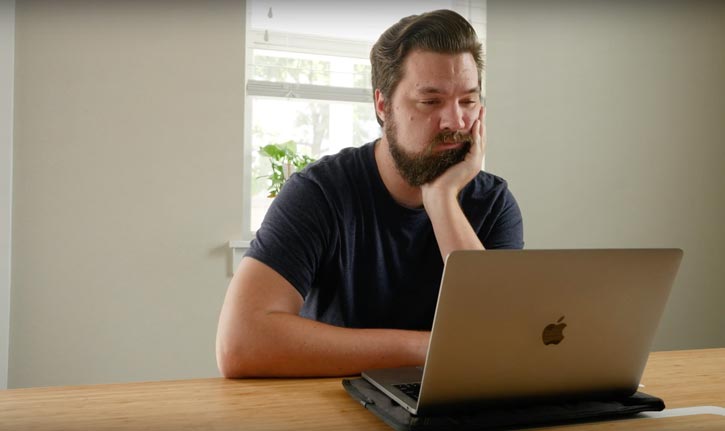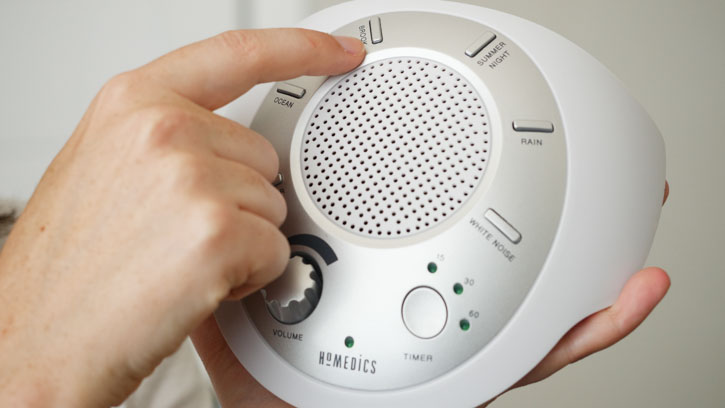Are you tired of waking up feeling groggy and struggling to shake off that disoriented state? Morning grogginess, also known as sleep inertia, can leave you feeling sluggish. However, there are effective strategies and practical tips you can incorporate into your routine to banish morning grogginess and start your day with energy and clarity.
Feeling more energized in the morning is the ultimate goal, and we’ll share strategies to achieve it. Let’s dive in and uncover the secrets to rid yourself of morning grogginess and awaken to a world of boundless energy and productivity.
What is Sleep Inertia?
Sleep inertia is short-term disorientation that takes place for a period of time after waking up. It leads to slow reaction times, lowered alertness, poor mental performance, lack of reasoning skills, slow-paced thinking, and poor short-term memory.

It generally only lasts 30-60 minutes but can last up to two hours in extreme cases. This is more likely if the individual is sleep deprived.
What Causes Sleep Inertia?
The exact cause of sleep inertia is still unknown, but the National Institute of Biotechnology Information suggests that it is a transitory time between the sleep state and the state of being awake. It seems that if you are woken up during REM sleep, it may lead to an increased time of confusion as your body has not successfully transitioned to light sleep before waking.
How to Eliminate Morning Grogginess
Discover effective strategies and practical tips to banish morning grogginess and start your day with energy and clarity.
Establish a Healthy Sleep Routine
Routine is everything when it comes to creating a healthy sleep schedule. When your body falls into a rhythm, it starts to behave on autopilot, taking much of the hard work out of waking up.
Maintain Your Sleep Schedule All Week Long
While this can be hard for people that like to break their routine on the weekend, your body will have an easier time waking up if you are consistent with bedtime and the time you wake up every day of the week.
If you need to get up for work at 6 am, and you maintain that schedule for a week or two, you will slowly start to notice your body waking up naturally just before your alarm clock goes off. So sticking to a good schedule that allows for seven to eight hours of sleep every night will help you to feel rested and wake up ready to hit the ground running.
Create a Bedtime Routine
Having a bedtime routine that you stick to every night signals to your body that it’s nearly time to go to sleep. This helps your brain and body unwind for the day. Part of your bedtime routine should include avoiding blue light for a few hours before bed so that your body knows it’s nighttime. This will naturally encourage your body to create melatonin, making you sleepy in time for bedtime.
Avoid Caffeine Before Bedtime
While sticking to a sleep schedule is great, you need to actually be able to sleep when you go to bed. Having caffeine too close to bedtime could disrupt your ability to sleep, or prevent you from falling into deep sleep. So it’s best to avoid caffeine in the late afternoon and evening to give yourself the best chance of a restful night’s sleep.
Enhance Sleep Quality
Enhancing the quality of your sleep can ensure you wake up feeling fully rested, which will likely cut down on the amount of time that you experience sleep inertia.
Create a Good Sleep Environment
Creating an environment conducive to sleep should be a top priority as this is a big contributing factor to falling asleep and staying asleep all night. These are some tips for creating a great sleeping environment:
- Ensure the temperature of your room is between 60 and 67 degrees
- Use blackout curtains or an eye mask to block out light
- Relax in high-quality sheets
- Use an air purifier to ensure the room smells pleasant
- Keep electronics off during the night so blue light or notifications won’t wake you
Listen to White Noise or Relaxing Sounds
Whether you live in a noisy environment or need to encourage your brain to turn off at nighttime, using a white noise machine is a great way to lull yourself to sleep. This consistent background noise also helps keep you asleep during the night, drowning out other distracting noises that may arise.

How to Feel More Energized in the Morning
There are a couple of ways you can boost your early morning energy to get rid of feelings of grogginess.
Avoid Hitting the Snooze Button
Studies suggest that hitting the snooze button can actually prolong feelings of sleep inertia. So even if you are tired when your first alarm goes off, it’s best to bite the bullet and get up, as your sleep inertia should wear off more quickly.
Try Waking Up to a Sleep Cycle Alarm Clock
Sleep cycle alarm clocks monitor your different sleep phases and how long you have slept. It then times your alarm to go off when you are in your lightest sleep phase. This means you will wake up feeling more refreshed than if you woke up during deep sleep.
This does require some flexibility, though, as you will need to give the alarm a window of time in which it should wake you.
Start a Morning Exercise Routine
Exercising can boost energy by increasing the number of mitochondria in your muscles. These mitochondria create energy out of the food we consume and oxygen. Exercising also increases oxygen circulation throughout the body which makes you feel revitalized.

Hydrate Immediately After Waking Up
Studies show that dehydration can have a negative impact on cognition. By hydrating first thing in the morning, you can improve your mental performance and possibly your mood as well. Another study showed that increasing water intake in individuals who weren’t drinking enough water resulted in an increase of positive emotions.

